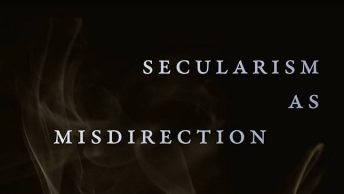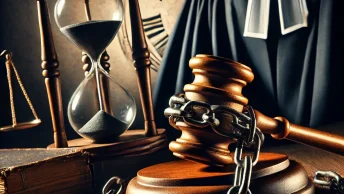Custodial Interrogation and Civil Liberties
Teesta Atul Setalvad v State of Gujarat may well be a test case to decide whether the State’s eagerness for custodial interrogation of an accused has to be given primacy over the accused’s civil liberties. The Gujarat HC’s order, delivered today by Justice J.B.Pardiwala, rejecting social activist Teesta’s anticipatory bail application is fairly detailed, and a pointer to the possible miscarriage of justice in her case.
Teesta’s appeal against High Court’s order will come up on February 13 for hearing before Justices Sudhansu Jyoti Mukhopadhyaya and N.V.Ramana at Court No.4 as Item No.57.
Gujarat High Court’s order can be downloaded from Gujarat High Court’s site. Case Number is CRMA 4677/14, delivered today.
Today, it came up before the CJI’s Bench which posted it for hearing before the appropriate bench tomorrow, while granting interim protection to the appellants till then. Senior advocate, Kapil Sibal, is representing the appellants.
Subscribe
Login
0 Comments






